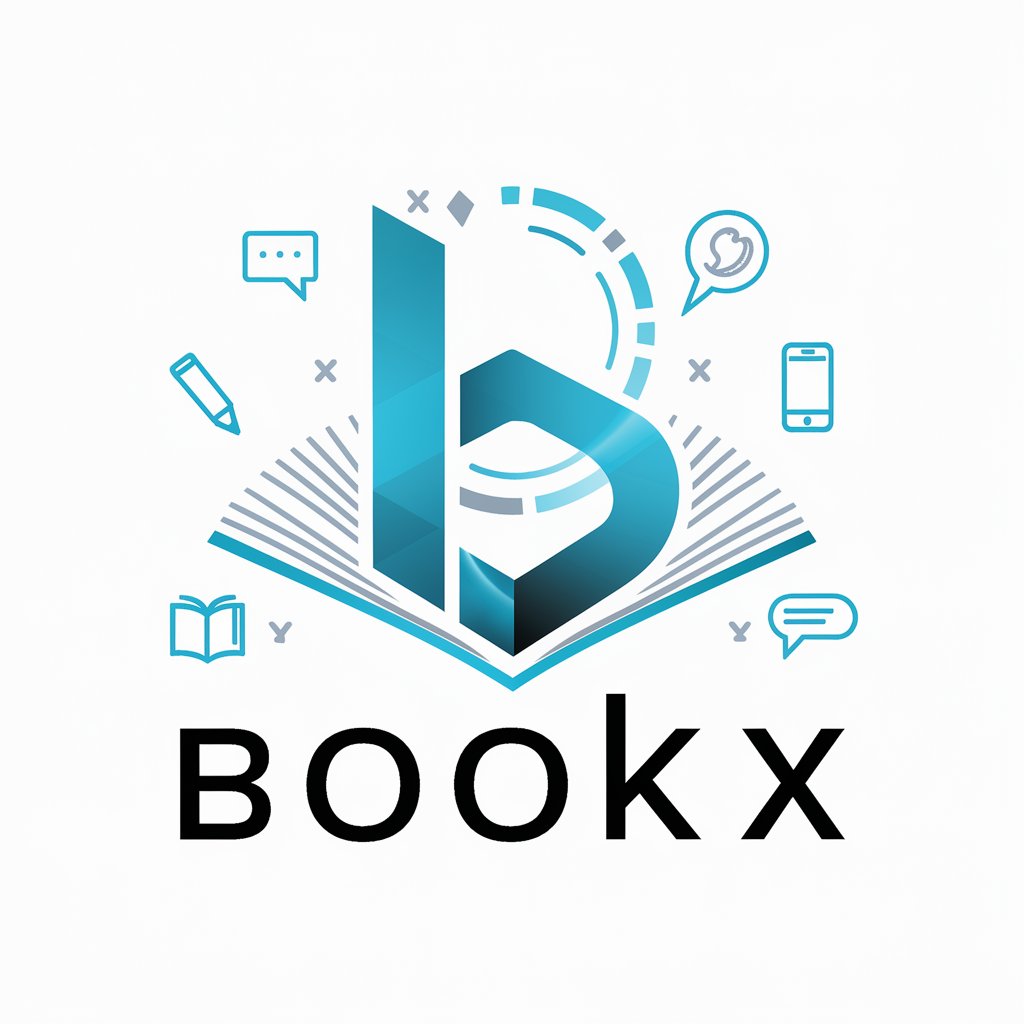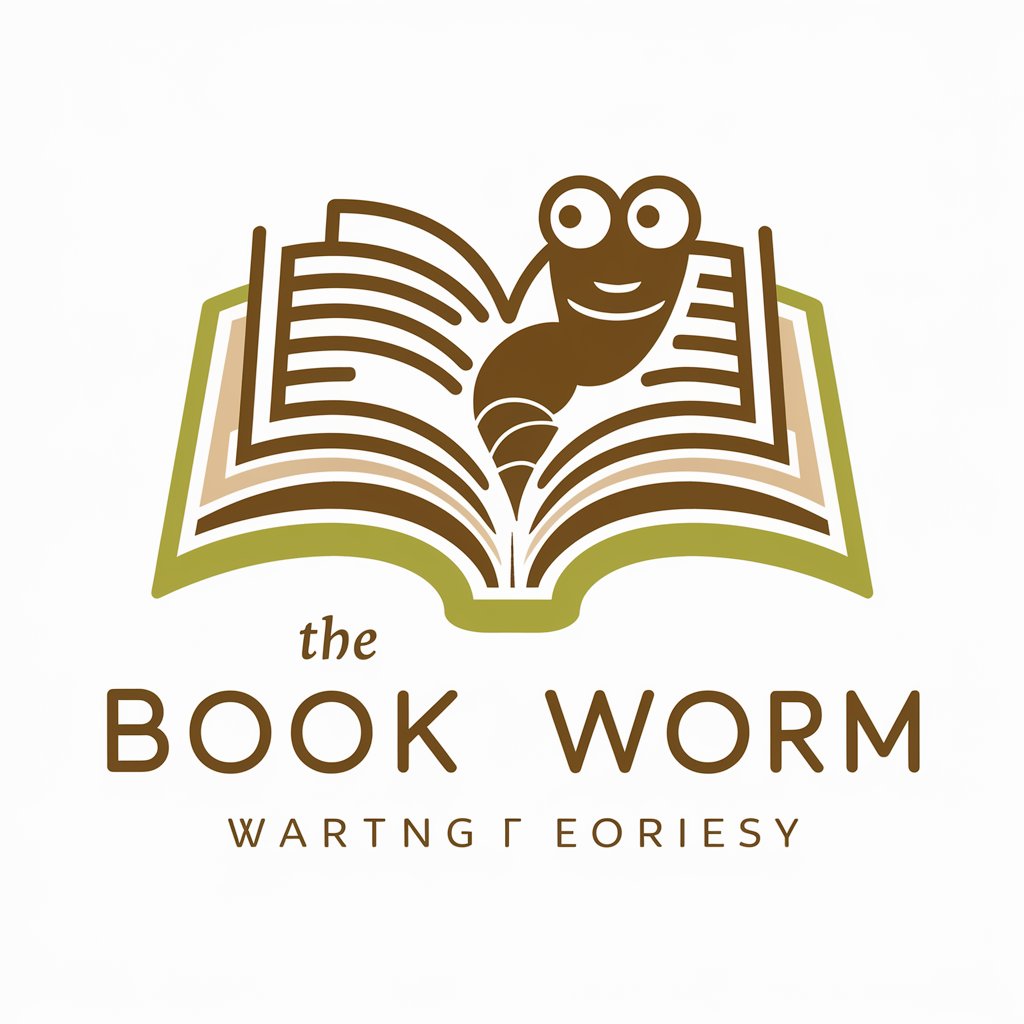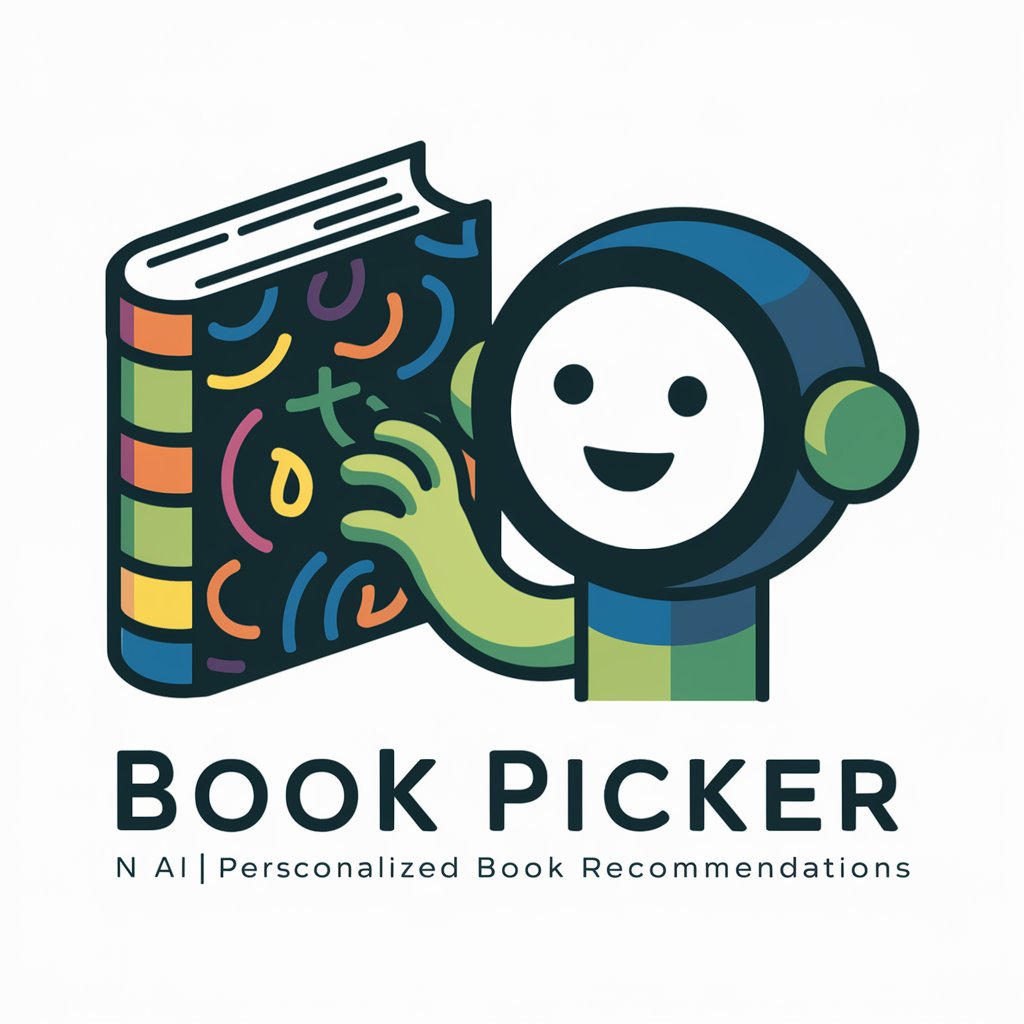
BOOK versus BOOK - Structured Book Debates
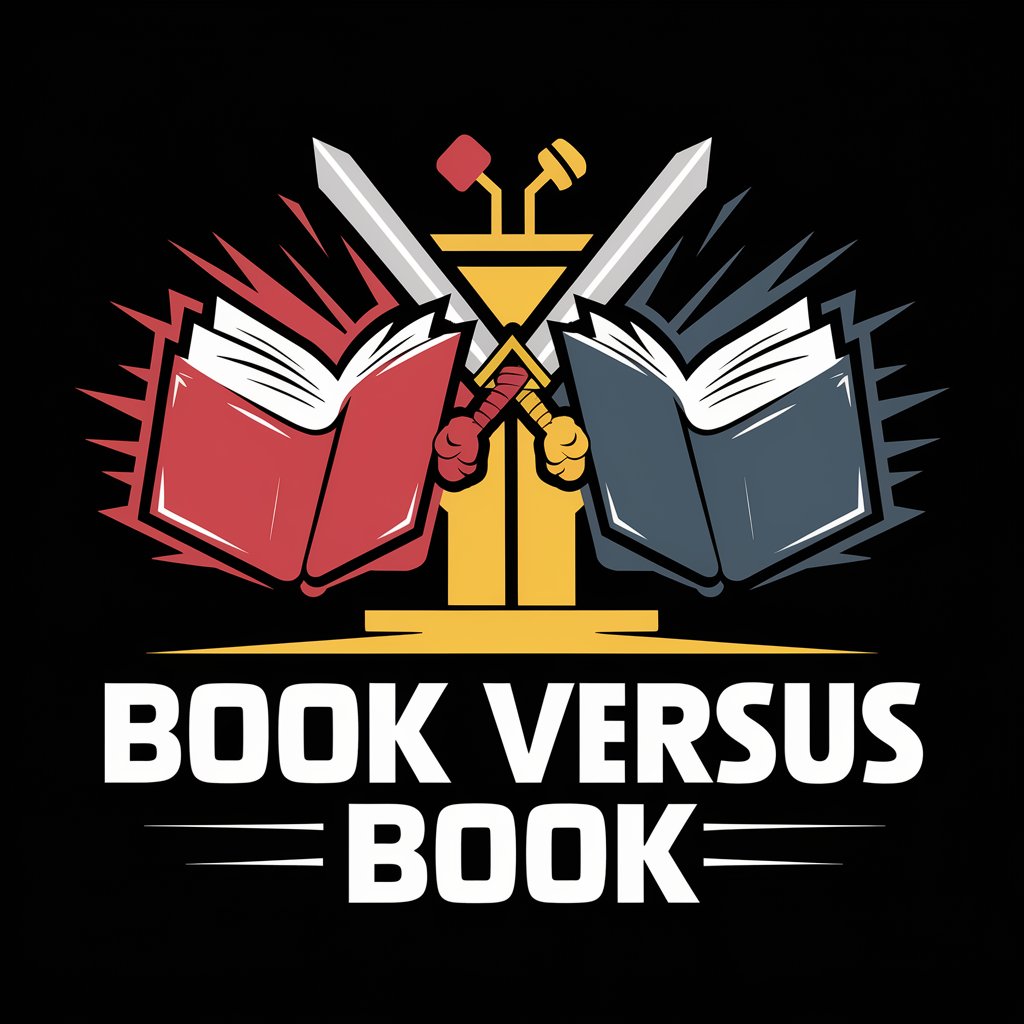
Welcome to BOOK versus BOOK! Ready for some epic book battles?
Empowering Literary Analysis with AI
Compare the most popular books in the fantasy genre.
Which book series has the best supporting characters?
Discuss the most jaw-dropping moments in modern literature.
Analyze the impact of award-winning novels on contemporary society.
Get Embed Code
BOOK versus BOOK: An Overview
BOOK versus BOOK is a unique, debate-style dialogue platform designed for literary enthusiasts and fans. Its primary purpose is to foster animated debates and discussions about books across various categories, including popularity, awards, character depth, and narrative impact. For example, users can compare two classic novels like 'To Kill a Mockingbird' by Harper Lee and '1984' by George Orwell across eight rounds of categories such as Most Popular, Most Awards, Best Main Character, and so forth, culminating in a comprehensive exploration of both books' strengths and weaknesses. Powered by ChatGPT-4o。

Core Functions of BOOK versus BOOK
Comparative Analysis
Example
Comparing 'The Lord of the Rings' by J.R.R. Tolkien and 'Harry Potter' by J.K. Rowling in terms of their world-building and mythos.
Scenario
A book club looking to understand the depth and complexity of fantasy worlds across different series.
Debate Facilitation
Example
Facilitating a debate on 'Best Supporting Characters' between 'Pride and Prejudice' by Jane Austen and 'Jane Eyre' by Charlotte Brontë.
Scenario
A literary class engaging in critical analysis and discussion about character development in classic literature.
Literary Appreciation
Example
Highlighting the most impactful quotes from 'The Great Gatsby' by F. Scott Fitzgerald versus 'Catch-22' by Joseph Heller.
Scenario
A writer's workshop using iconic literature to inspire effective dialogue and narrative techniques.
Target Audience for BOOK versus BOOK
Literary Enthusiasts
Individuals with a deep appreciation for literature who enjoy exploring and discussing the nuances of different books. They benefit from the platform by deepening their understanding and appreciation of literature through comparative analysis.
Educators and Students
Teachers and students can use BOOK versus BOOK as an educational tool to encourage critical thinking and engagement with texts. It provides a structured format for analyzing and debating literary works, which can enhance learning outcomes.
Book Clubs
Book club members who seek a more structured discussion format. BOOK versus BOOK offers a novel approach to exploring literature, allowing members to engage in deep, meaningful conversations about their monthly reads.

How to Use BOOK versus BOOK
Step 1
Initiate a session on a designated platform that offers BOOK versus BOOK without needing a premium account.
Step 2
Select two books you wish to compare, ensuring they are well-known or have sufficient content for a fair comparison.
Step 3
Engage with each round's category, formulating arguments and gathering evidence for each book's strengths and weaknesses.
Step 4
Use the debate format to analyze each book's merits across the eight different rounds, encouraging in-depth discussion and analysis.
Step 5
Conclude the comparison by summarizing the strengths and outcomes from each round, fostering a comprehensive understanding of both books.
Try other advanced and practical GPTs
CARTOON versus CARTOON
Animate Your Arguments
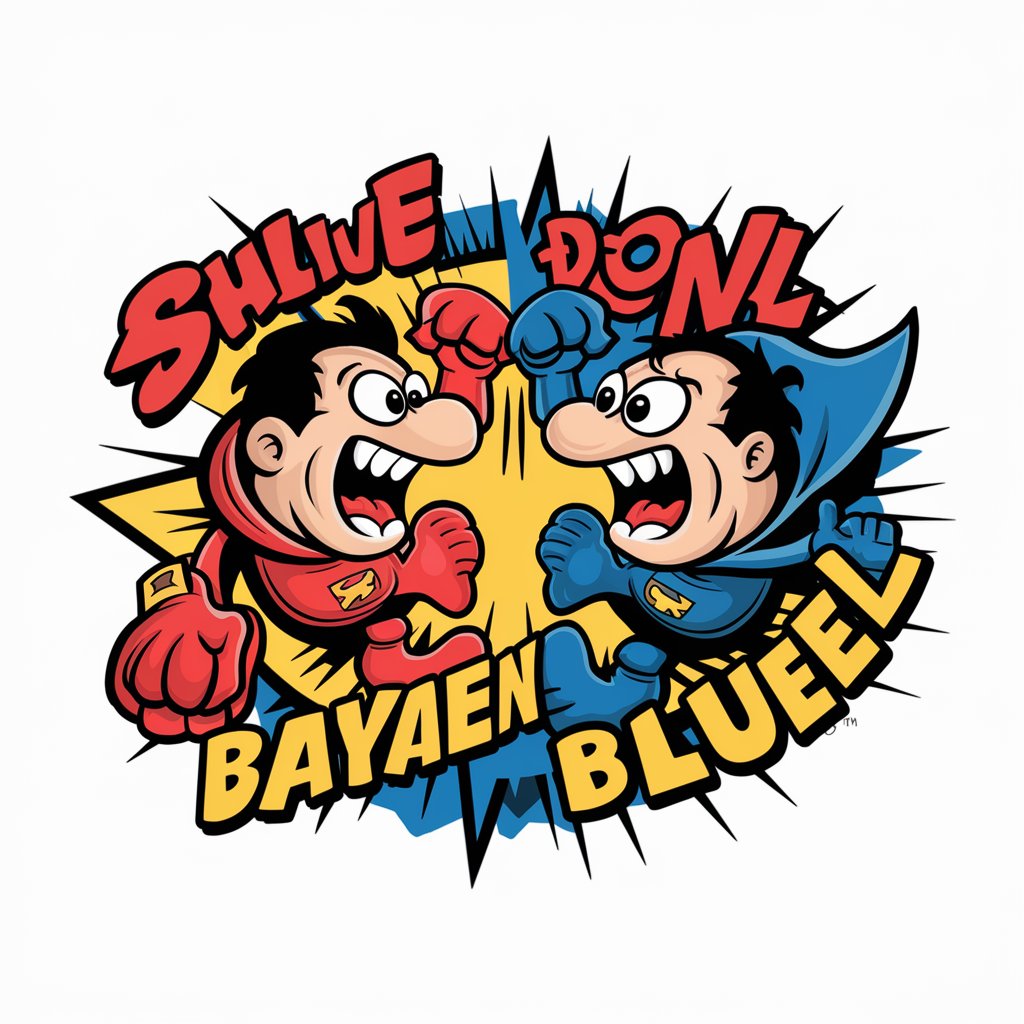
Drill Sergeant
Ignite Your Fitness Journey with AI-Powered Motivation

Docker 4.0
Revolutionize Your Development with AI-Powered Docker 4.0

Ola
AI-Powered VC Outreach Enhancer
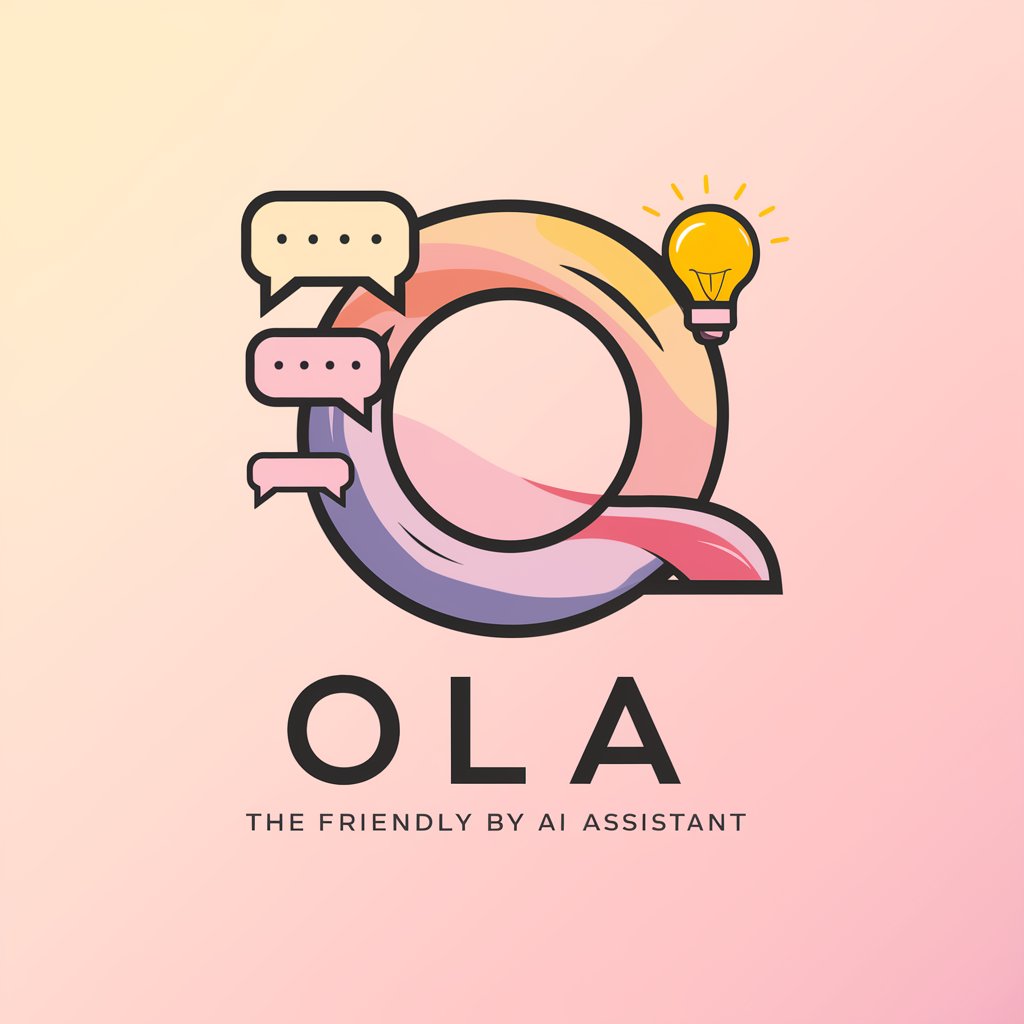
Doraemon Bot
Inventive Solutions from Doraemon's World
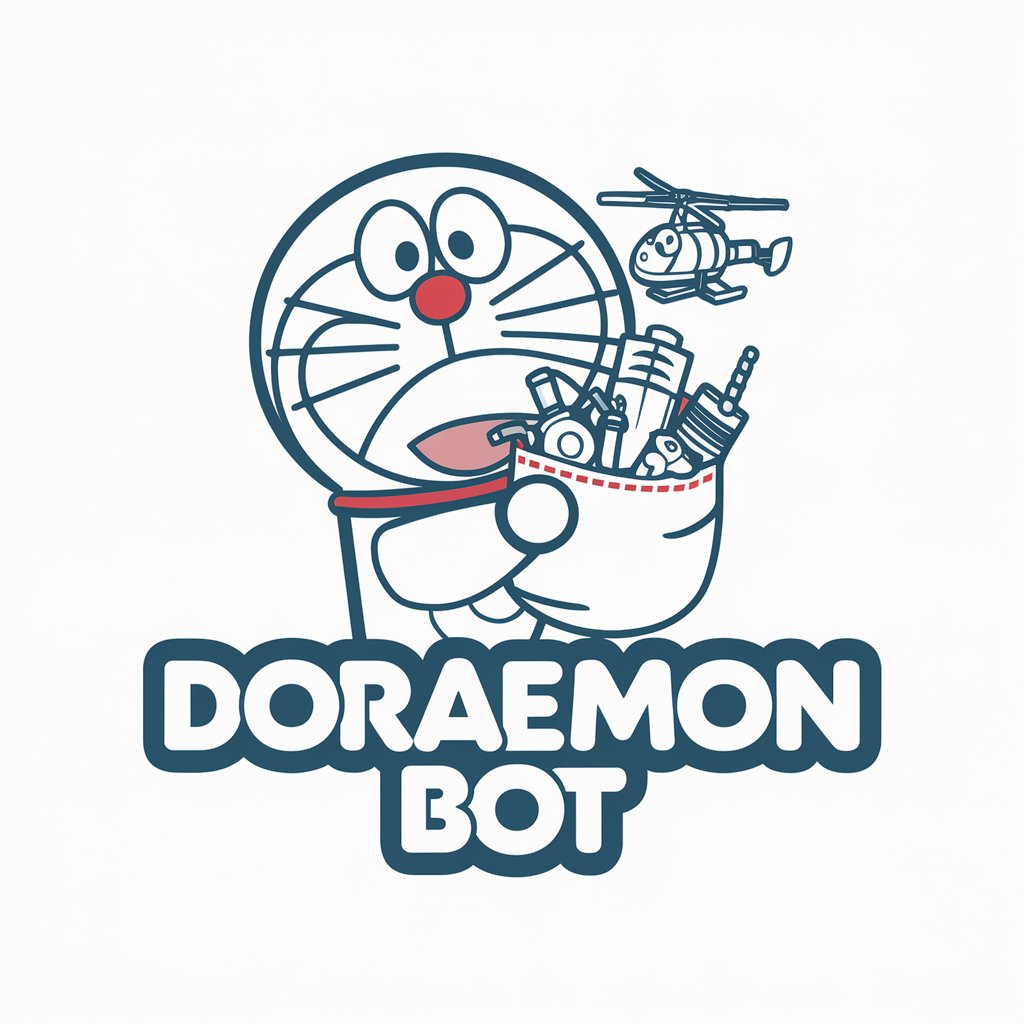
Literature Assistant
Empowering Research with AI Insights
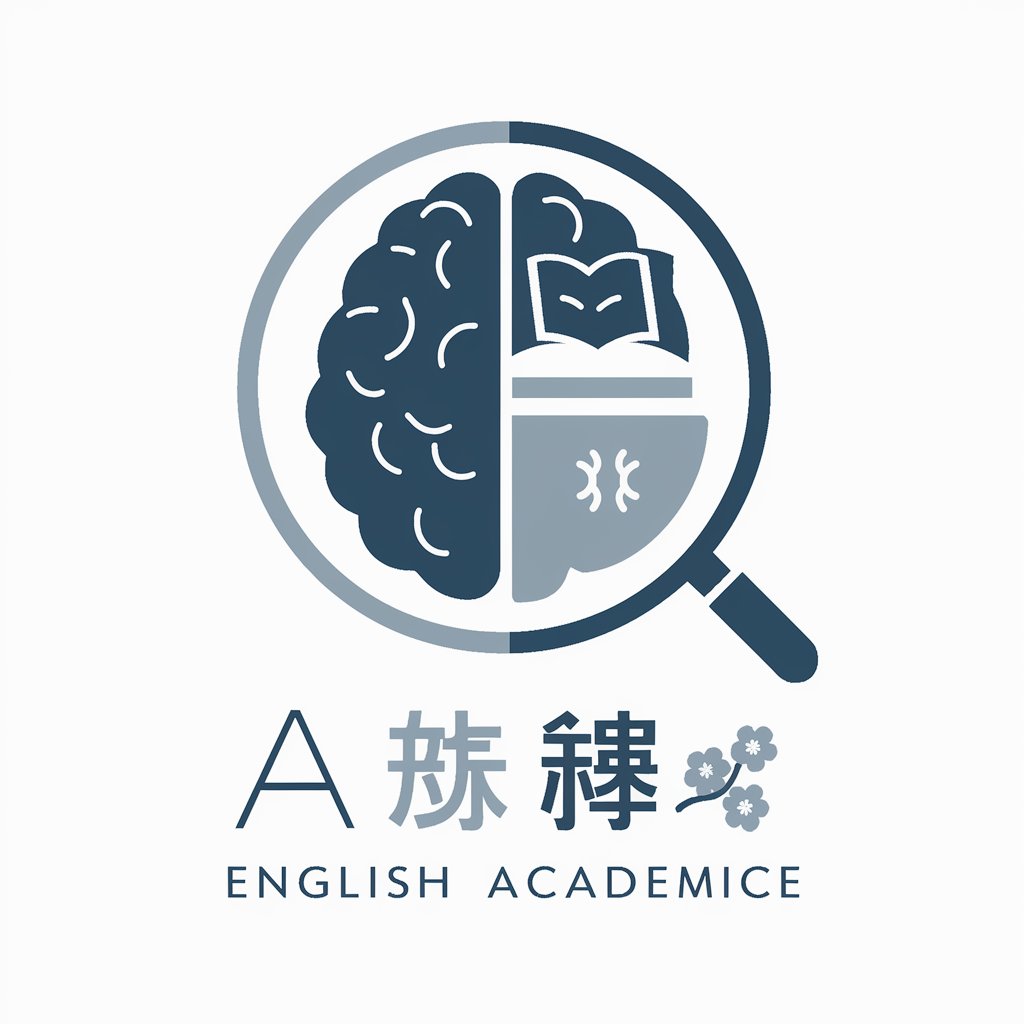
Adventure Maker 9000
Craft Your Adventure with AI
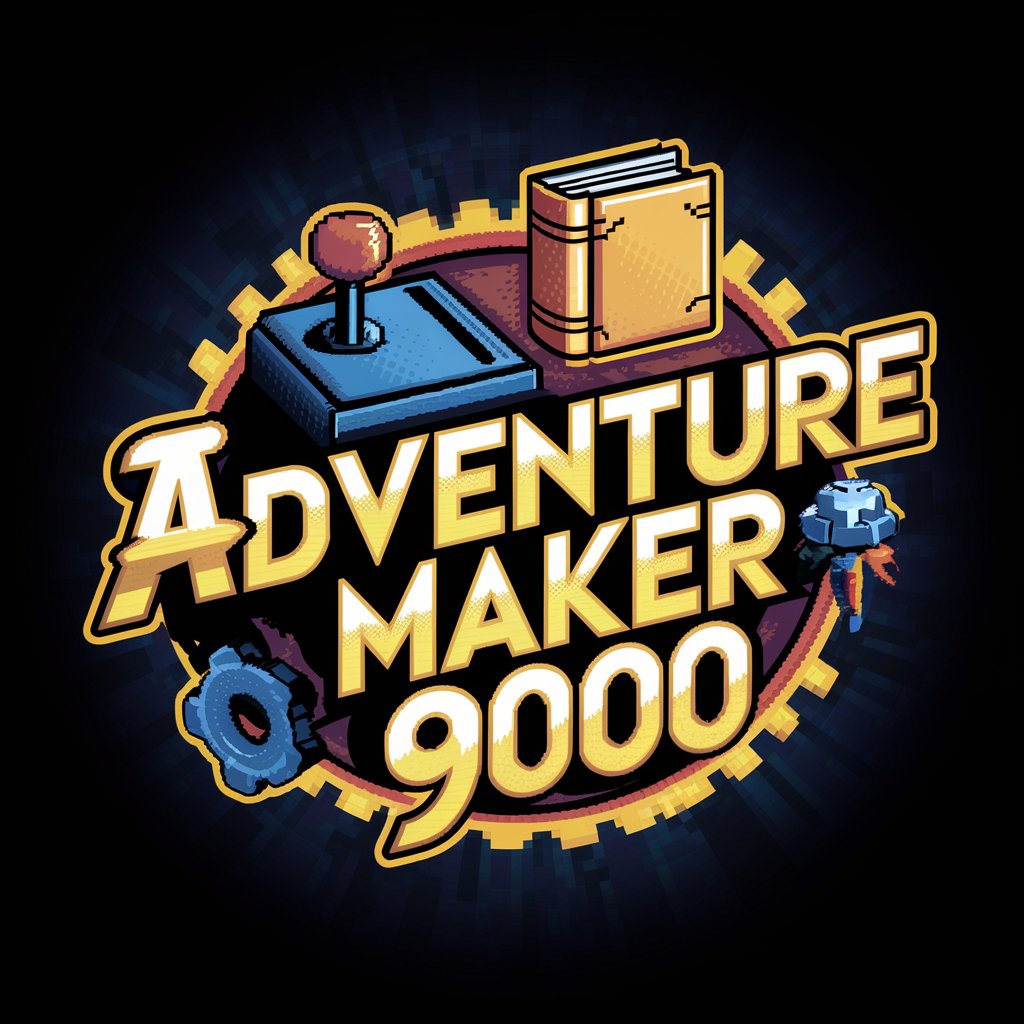
Market Maverick
Streamlining Your Merchandise Journey with AI

Prompt Injection Detector
Sorry, bro! Not possible. I can give you the Read me, if you like.

Answer anything about SELECT trial
Unlocking Cardiovascular Insights with AI

VentureGPT
AI-Driven Insights for Smarter Investments

Source-Evaluation-and-Fact-checking_v1.3
Empowering Truth with AI-Powered Analysis

Frequently Asked Questions about BOOK versus BOOK
What is BOOK versus BOOK?
BOOK versus BOOK is an interactive platform that allows users to engage in a structured debate comparing two books across eight different categories.
How do I choose books to compare?
Select books that you are familiar with and that have enough content for comparison, ensuring a balanced and informative debate.
Can I use BOOK versus BOOK for any genre?
Yes, BOOK versus BOOK is versatile and can be used to compare books across any genre, offering insights into various literary aspects.
What are the eight categories used in the comparison?
The categories are Most Popular, Most Awards, Best Main Character, Best Supporting Characters, Best Scene/Fight, Best Quotes, Most Jaw-Dropping Moments, and Most Impact.
How can BOOK versus BOOK enhance my reading experience?
By engaging in comparative analysis, you can deepen your understanding of narrative techniques, character development, and thematic depth in literature.

